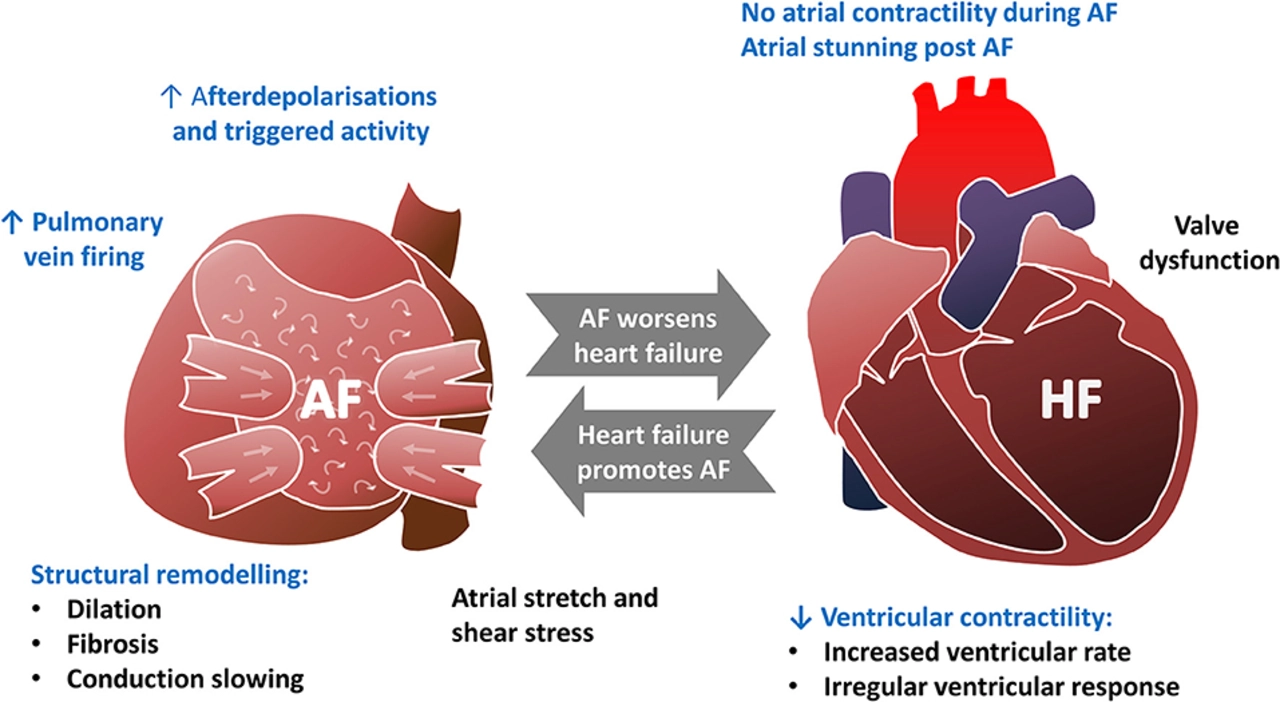Heart Failure: What to Watch For and What Actually Helps
Heart failure doesn’t mean your heart stopped. It means the heart can’t pump blood as well as it should. That leads to tiredness, breathlessness, swollen ankles and a foggy feeling that your body isn’t getting enough oxygen. If you’ve been told you have reduced heart function or you’re worried about symptoms, this short guide gives practical steps you can use right away.
How to recognize it
Start with the obvious signs: shortness of breath during simple tasks, waking at night gasping for air, growing belly or swollen legs, sudden weight gain (2–3 kg in a few days), and constant tiredness. Chest pain, fainting, or very fast heartbeats need urgent care. Track your daily weight and swelling—those numbers give your care team the clearest signal that fluid is building up.
Causes include past heart attacks, long-standing high blood pressure, valve problems, certain infections, and some medicines or toxins. Diabetes and kidney trouble raise the risk too. If you know you have any of these, get checked sooner rather than later.
Medication & monitoring
Treatment focuses on helping the heart pump better and removing excess fluid. Common drug classes are ACE inhibitors (for example, lisinopril—often discussed when people ask about Zestril), ARBs (like irbesartan—Avapro), beta-blockers, aldosterone antagonists, and diuretics (furosemide/Lasix or its alternatives). Each has a specific job: ACE/ARB and beta-blockers improve heart function long-term; diuretics help control short-term fluid weight and breathlessness.
Stick to your meds. Skipping doses or cutting pills to save money often causes flare-ups. If cost or supply is a problem, read our guides on safely buying meds online—search our site for “How to Safely Buy Zestril Online” and “How and Where to Buy Avapro Online Safely.” Your clinic can also suggest cheaper generics or assistance programs.
Monitoring tools: daily weight, blood pressure checks, and noting symptoms are the basics. Many people now use apps to log weights and meds; sharing that log with your nurse or cardiologist speeds up adjustments and avoids trips to the ER.
Daily habits that help
Cut down salt—aim for less than 2–3 grams a day if your doctor says so. Watch fluid intake when advised. Walk daily, slowly build up to 20–30 minutes if you can, and ask about cardiac rehab programs that teach safe exercise. Stop smoking and limit alcohol. Manage sleep apnea if present—treating it often improves heart failure symptoms.
Know the red flags: sudden severe breathlessness, chest pain, passing out, blue lips, or a rapid gain in weight. These need emergency care. For routine issues, call your clinic early—adjusting a diuretic often prevents hospital stays.
You don’t have to guess your next step. Keep a simple log of symptoms, weight, and meds, ask about low-cost medication options, and join a rehab or support group. Small daily choices make a big difference for life with heart failure.
The Benefits of Carvedilol for Heart Failure Patients
As a heart failure patient, I've found that taking carvedilol has significantly improved my condition. This medication has not only helped in reducing symptoms such as shortness of breath and fatigue, but it has also protected my heart from further damage. By slowing down my heart rate and reducing blood pressure, carvedilol has allowed my heart to pump more efficiently. Additionally, this medication has been shown to increase life expectancy for people living with heart failure. Overall, carvedilol has been a game-changer for me, making my life more comfortable and giving me hope for a healthier future.
© 2026. All rights reserved.

